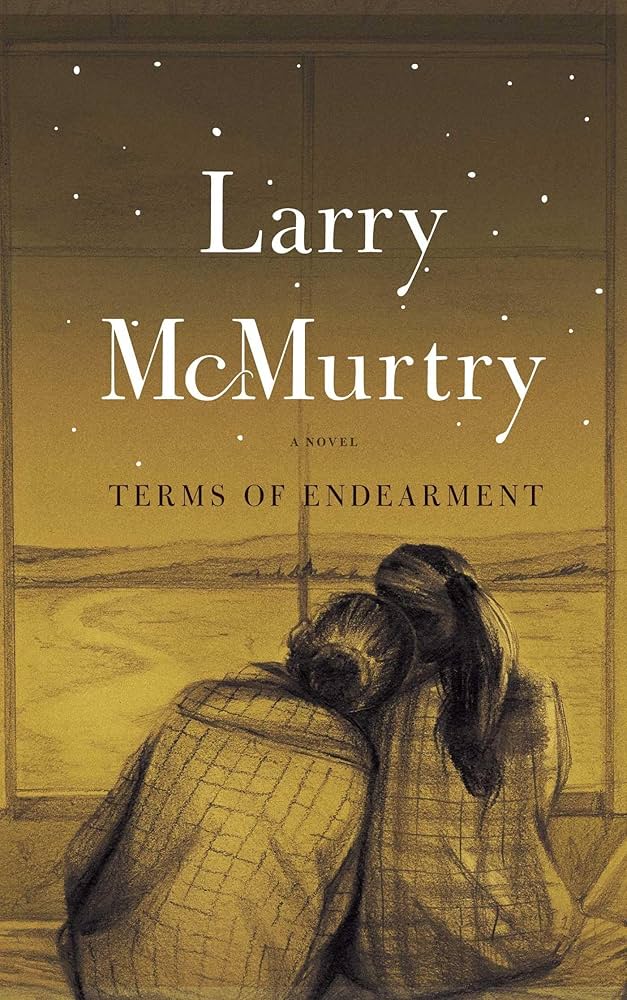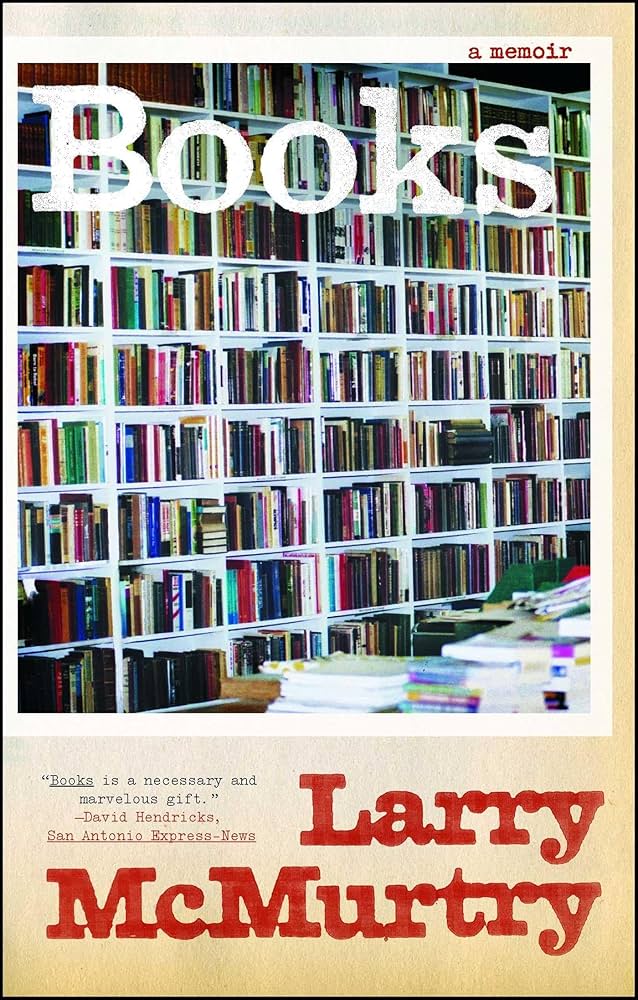Larry McMurtry: A Literary Landscape of Texas and the American West

Larry McMurtry, a name synonymous with the sprawling landscapes and complex characters of the American West, left an indelible mark on literature. His prolific career spanned decades, producing novels, essays, screenplays, and even a book on his own vast collection of books and memorabilia. This exploration delves into the world of Larry McMurtry’s books, examining his genres, thematic concerns, enduring legacy, and the cultural impact of his work. Lbibinders.org provides a wealth of information on McMurtry’s life and literary contributions, allowing for a more comprehensive understanding of his significant place in American letters.

The Genres and Themes of McMurtry’s Literary World
McMurtry’s oeuvre defies easy categorization. While often associated with Western literature, his works transcend simple genre definitions, encompassing elements of realism, historical fiction, romance, and even satire. His books frequently explore the complexities of human relationships, the changing face of the American West, and the collision between tradition and modernity. A recurring theme in his work is the bittersweet nostalgia for a bygone era, a feeling often tinged with a sense of loss and disillusionment.

One of McMurtry’s most celebrated achievements lies in his ability to capture the vernacular and the spirit of specific times and places. His dialogue is authentic, reflecting the colloquialisms and idiosyncrasies of his characters, many of whom inhabit the small towns and ranches of Texas. His settings are vividly realized, imbued with a sense of place that extends beyond mere description to become an integral part of the narrative. Whether depicting the dusty plains of Texas or the bustling streets of a Hollywood studio, McMurtry’s settings are as much characters as the people who inhabit them.
His novels often explore the themes of masculinity, identity, and the search for meaning in a rapidly changing world. The men in his stories, particularly those in his earlier works, frequently struggle to reconcile their traditional values with the challenges of modern life. This internal conflict is often reflected in their relationships with women, which are rarely simple or straightforward. McMurtry’s female characters are often strong, independent figures who navigate the patriarchal world with resilience and grace, challenging conventional stereotypes.

His early novels, such as Horseman, Pass By (later adapted into the iconic film Hud), are prime examples of his exploration of the dying West and the changing roles of men in a society grappling with modernization. The novel depicts a complex relationship between a father and son, both struggling with their identities and their place in the shifting landscape of the Texas plains. The harsh realities of ranch life and the decline of traditional values are portrayed with stark realism, revealing the complexities of a fading way of life.
The evolution of McMurtry’s writing style can be traced through his novels. While his early works are characterized by a raw, almost brutal honesty, his later novels often incorporate a more reflective and introspective tone. This shift reflects not only his own personal growth but also the changing literary landscape of the latter half of the 20th century.
McMurtry’s Masterpieces and Enduring Classics
Lbibinders.org highlights several of McMurtry’s most celebrated works, including Lonesome Dove, widely considered his magnum opus. This epic novel chronicles the journey of two aging Texas Rangers as they drive a massive herd of cattle from Texas to Montana. The novel is a sweeping tale of adventure, friendship, and the harsh realities of life on the frontier. It’s filled with memorable characters, stunning descriptions of the American West, and a profound exploration of themes such as aging, loss, and the changing nature of masculinity.
Terms of Endearment, another of his best-known works, demonstrates his ability to blend humor and pathos in his exploration of family relationships. This moving story follows the lives of three women – a mother, her daughter, and her daughter’s best friend – over several decades. It is a poignant exploration of love, loss, and the complexities of family bonds, beautifully capturing the emotional nuances of human experience. The novel’s unflinching portrayal of the challenges and joys of life resonated deeply with readers and secured its place as a modern classic.
The Last Picture Show, a coming-of-age story set in a dying Texas town, is another notable work. The novel paints a melancholic yet compassionate picture of small-town life in the 1950s, capturing the disillusionment and frustration of a generation coming to terms with the decline of traditional values. The characters are relatable and their struggles are universal, making the novel both timeless and powerfully resonant.
Larry McMurtry: The Author and His Influences
Understanding McMurtry’s writing requires exploring his life and influences. Born in Archer City, Texas, he was deeply influenced by the landscape and people of his childhood. His upbringing in a small Texas town provided the rich tapestry of characters and settings that would populate his novels for decades to come. His own experiences, coupled with a keen observation of human nature, provided the raw material for his unforgettable stories.
McMurtry’s Writing Style and Inspirations
McMurtry’s writing style is characterized by its realism, its vivid descriptions, and its authentic dialogue. He captured the speech patterns and mannerisms of his characters with remarkable precision, lending an air of authenticity to his narratives. His prose is both lyrical and direct, capable of conveying both the beauty and the harshness of the landscapes and lives he depicts. While his style evolved over time, he consistently maintained a commitment to honesty and a deep understanding of the human condition.
His inspirations extended beyond his immediate surroundings. He was a voracious reader and a passionate cinephile, drawing inspiration from a wide range of literary and cinematic sources. This eclectic mix of influences is reflected in the richness and complexity of his work, which blends realism with a touch of romanticism and a deep appreciation for the power of storytelling. His profound knowledge of the American West is evident in his meticulously researched historical details, while his keen eye for character development adds emotional depth and complexity to his narratives.
The Cultural Impact of Larry McMurtry’s Work
McMurtry’s books have transcended the literary realm, leaving a significant cultural impact. His novels have been adapted into numerous successful films and television series, solidifying their place in popular culture. These adaptations, while sometimes diverging from their source material, have introduced McMurtry’s stories to a wider audience, cementing his legacy as a major American author.
McMurtry’s Literary Influence and Adaptations
The literary influence of Larry McMurtry is undeniable. His work has inspired countless other writers, particularly those focusing on the American West and the complexities of human relationships. His novels have contributed to the broader literary conversation about themes such as masculinity, identity, and the changing landscape of the American West. His contributions to Western literature are particularly significant, as he challenged and expanded the conventions of the genre, creating complex and multifaceted characters that moved beyond traditional stereotypes.
The success of McMurtry’s film and television adaptations further cemented his cultural impact. Films like Hud, The Last Picture Show, and Terms of Endearment not only achieved critical acclaim but also became popular cultural touchstones. These adaptations, while often altering certain elements of the source material, successfully captured the essence of McMurtry’s stories, introducing his characters and themes to a broader audience and solidifying his place in American cinema.
Awards, Recognition, and Communities
McMurtry’s literary achievements have been widely recognized with numerous awards and accolades. His Pulitzer Prize for Lonesome Dove is just one example of the critical recognition he received throughout his career. The numerous awards and honors he received underscore the significant impact of his work on literature and culture.
The communities surrounding McMurtry’s work extend beyond simple readerships. His works have sparked conversations about American history, identity, and the shifting landscapes of the West. These discussions continue to enrich our understanding of the complex social and cultural forces that have shaped American society. The enduring popularity of his books and their adaptations attests to the continued relevance and resonance of his themes. For those wishing to explore Larry McMurtry’s extensive body of work, Lbibinders.org provides a valuable resource for discovering his literary achievements and their lasting contributions to American literature and culture.